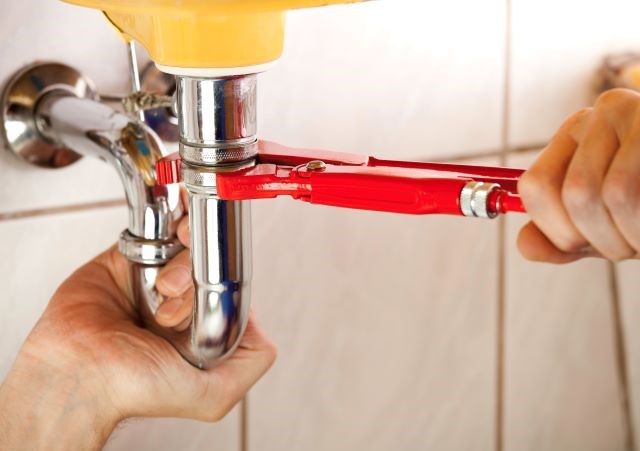It’s simple: the only items you should flush down the toilet are pee, poo, and toilet paper.
That’s the message from Metro Vancouver as the regional government body attempts to get Burnaby and New Westminster residents to cut down on waste.
“Disposing of ‘unflushable’ items in the toilet, such as wipes or paper towels, can result in expensive damage for homeowners and governments,” said Burnaby Coun. Sav Dhaliwal, chair of Metro Vancouver’s board of directors, in a statement. “Certain items can even have harmful environmental impacts — medications, for example, cannot be fully removed in the wastewater treatment process, resulting in chemicals being released into the region’s waterways.”
Metro Vancouver and its member jurisdictions spend an estimated $2.5 million every year to unclog pump stations and pipes, do additional maintenance, and fix or replace damaged equipment, said Metro Vancouver in a news release. Across the country, it’s estimated that Canadian municipalities spend over $250 million each year to repair damage to sewage systems caused by unflushable items.
However, it’s not just local and regional governments that end up footing the bill when these items clog sewage pipes, says Metro Vancouver. Residents and strata associations are often also left on the hook when clogged pipes cause back-ups into their homes, which can cost thousands of dollars to repair.
“In Canada, there are currently no regulations to specify which products can be labelled ‘flushable,’ so residents are unfortunately being misled to believe that some products, like wipes and tampons, can be flushed down the toilet when they should go in the garbage,” said Richard Stewart, chair of Metro Vancouver’s Liquid Waste Committee, in a statement. “Wipes are one of the biggest offenders. Once in the sewer system, they do not break down easily and will bind together with other objects, like hair, dental floss, and grease, to clog sewer pipes.”
What household items cause the most problems for our wastewater system?
- Wipes
- Paper towels
- Medication
- Hair
- Tampons and sanitary pads
- Condoms
- Dental floss
Disposing of these items is easy — most can go in the garbage, while unwanted or expired medications should be returned to the pharmacy. To learn more about how to properly dispose of these items and more, visit unflushables.ca.



